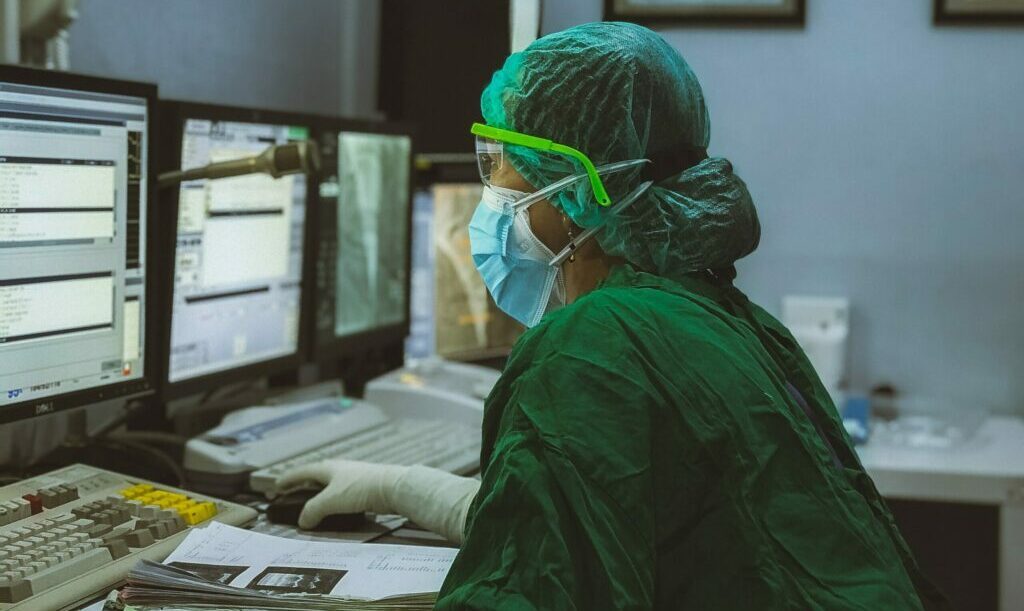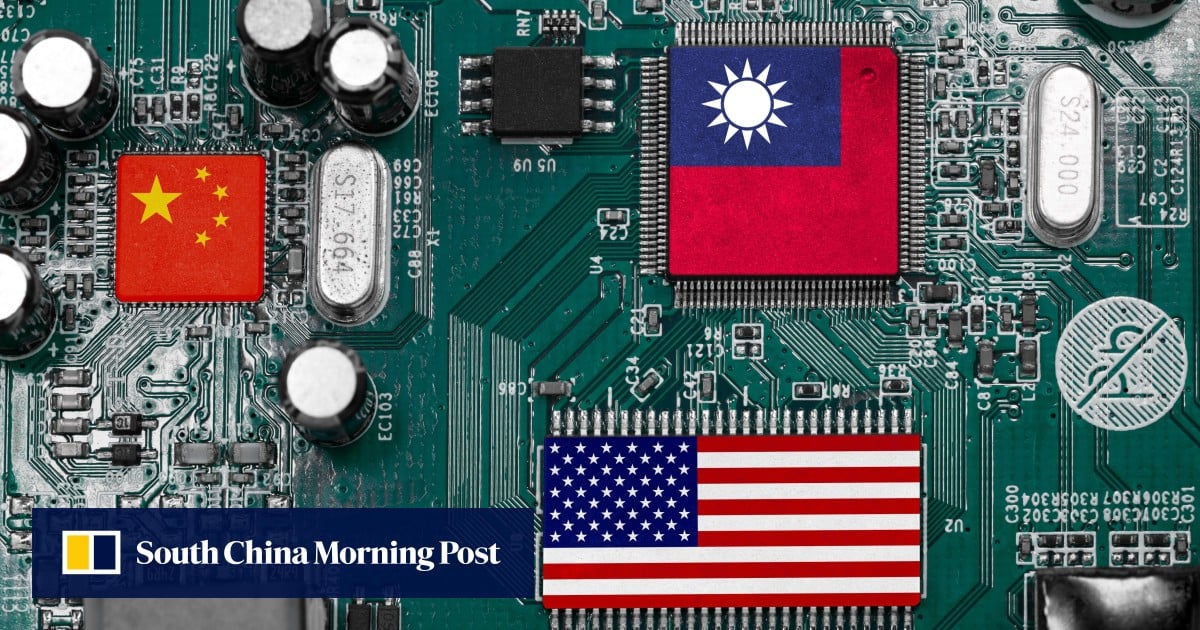Private capital investors now have significant headroom to participate in the remodelling of Indonesia’s healthcare sector due to several factors such as increasing healthcare awareness following COVID-19.
Even as the country’s overall healthcare sector–hospitals, clinical laboratories and diagnostic clinics, pharmaceuticals, and medical devices–is growing in single digits, the digital healthcare market, which includes e-pharmacies, online consultations, and healthcare IT, is forecast to grow at over 60% annually in each year from 2023 to 2025, according to data compiled by DealStreetAsia DATA VANTAGE‘s latest report Indonesia Healthcare: Primed for private capital.
The report cites several reasons why the sector is primed for growth:
1. Greater awareness following COVID-19: The pandemic has generated an interest in preventive medicine and early diagnosis of diseases.
2. The government’s universal healthcare scheme (JKN or BPJS): The scheme has opened up additional growth opportunities for hospital companies, and most major hospitals now have exposure to BPJS patients, who account for 15-20% of overall patients on average.
3. Specialty treatment on the rise: The quality of care and treatment has reached a high standard at private hospitals. Consequently, patients who may previously have travelled overseas for treatment now opt to be treated on home soil. This was accelerated by COVID-19 when patients were unable to travel overseas to Singapore, Malaysia, or Thailand.
4. Accelerated digitalisation: As patients were often unable to visit health facilities during COVID-19, healthcare apps were developed by existing healthcare players, as well as standalone healthcare apps such as AloDoc, HaloDokter, and KlikDokter. This fostered the development of app-based digital services for booking appointments, getting test results, and consultations via Whatsapp or video.
5. Growth in private health insurance: The increase in the provision of medical insurance and annual medical checkups has led to an increase in the number of diagnostic tests per visit.
6. Government’s focus on medical tourism: The government has identified certain hospitals and locations for medical tourism, with Bali being the most obvious choice, given that it already treats large numbers of foreigners at its hospitals.
Hospitals nominated for medical tourism
Major players
The DATA VANTAGE report notes that the private hospital market in Indonesia is dominated by three established players:
1. Siloam International Hospital: With 41 hospitals across 23 provinces, Siloam is the largest private hospital group in Indonesia. The company booked an exceptionally strong set of numbers in Q1 2023. Sales grew 17.2% year-on-year to 2.05 trillion rupiah; EBITDA increased 47.5% year-on-year to 603 billion rupiah; and net profits jumped 152.3% year-on-year to 257 billion rupiah.
2. Medikaloka Hermina: Astra International bought a stake in Medikaloka Hermina last year, as its first foray into the healthcare sector and currently owns a 7.5% stake. Astra may look to increase its exposure further over time. The company’s operations included 45 hospitals and 6,468 beds at the end of March 2023.
3. Mitra Keluarga Karyasehat: The group operates 27 hospitals across the country. It is backed by Kalbe Farma, Indonesia’s largest private pharmaceuticals company. It is forecast to generate an ROE of 20% in the financial year 2023, versus Medikaloka Hermina at 16.1% and Siloam International Hospitals at 10.9%.
The report also notes the presence of private capital-backed smaller players that are making a mark on the sector –Emtek-backed Sarana Meditama Metropolitan; Primamya Hospital, backed by Singapore’s GIC and Saratoga Investama Sedaya; and Brawijaya Women & Children’s Hospital, which is backed by Singapore-based private equity firm Falcon House.
Another interesting area in healthcare is diagnostic medicine, dominated by listed player Prodia, which has around 40% market share with 276 outlets across the country, the report stated. Prodia was a huge beneficiary of COVID testing and saw its revenues decline in 2022 as COVID testing reduced.
“Overall, it is highly likely that there will be more M&As given the attractiveness of the healthcare sector in Indonesia. There are a limited number of smaller hospital groups up for sale and there is also interest from existing players in expanding their own portfolios through acquisitions,” the report added.
The Indonesia Healthcare: Primed for private capital.report is available exclusively to DealStreetAsia-DATA VANTAGE subscribers. Subscribe/upgrade your subscription now to access our entire set of reports. Still not sure? Opt for a one-month trial for only $208.





